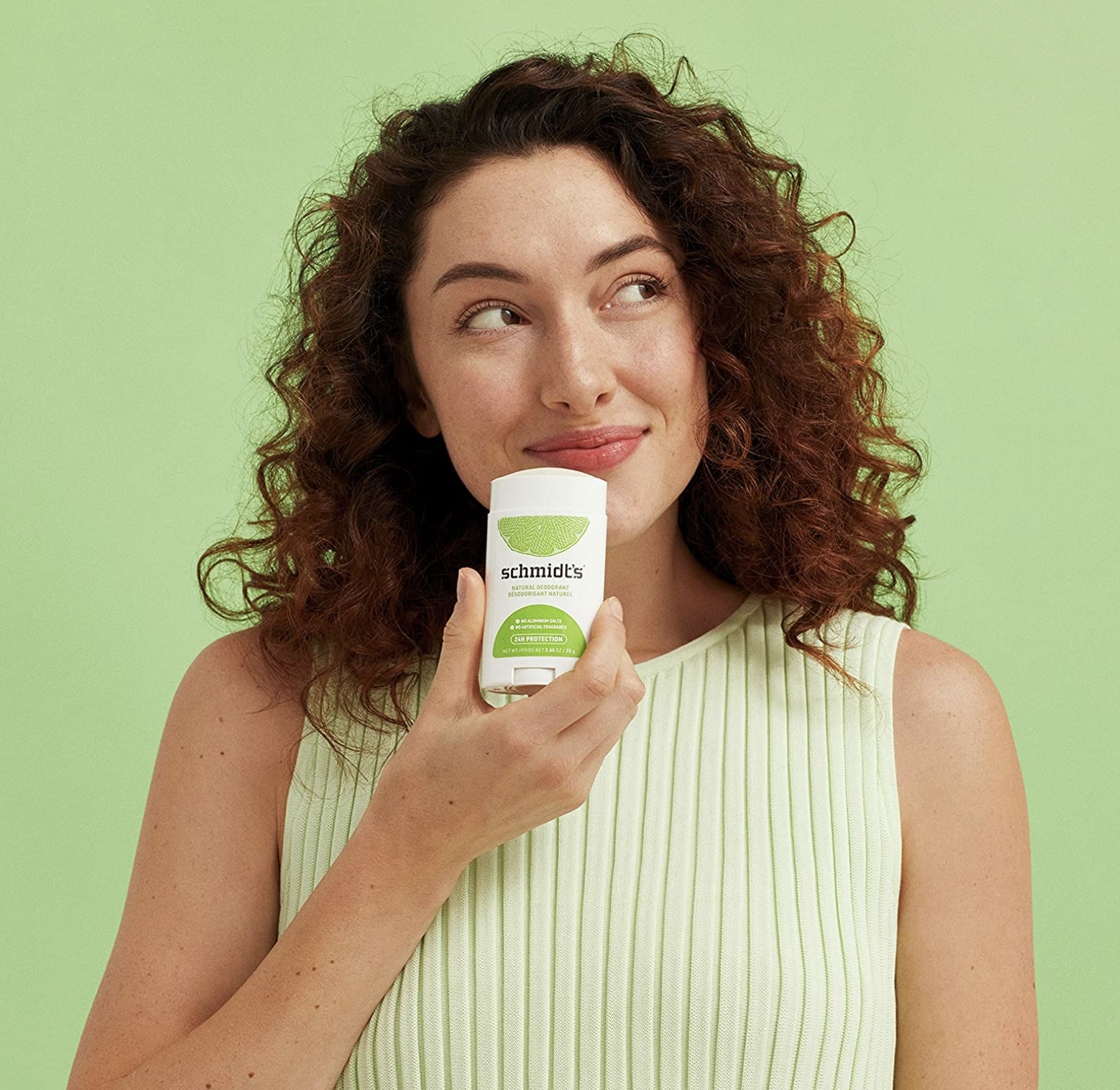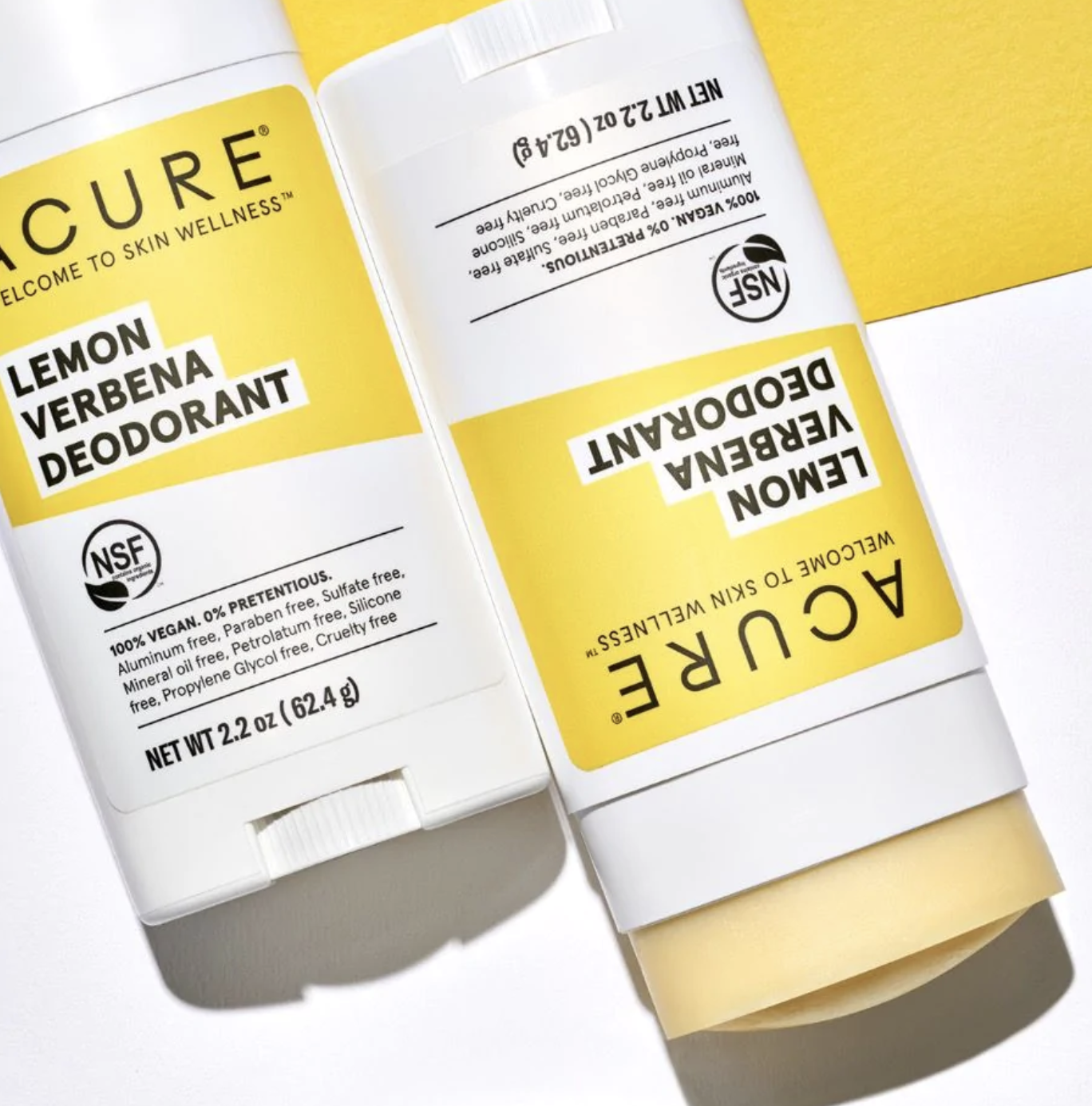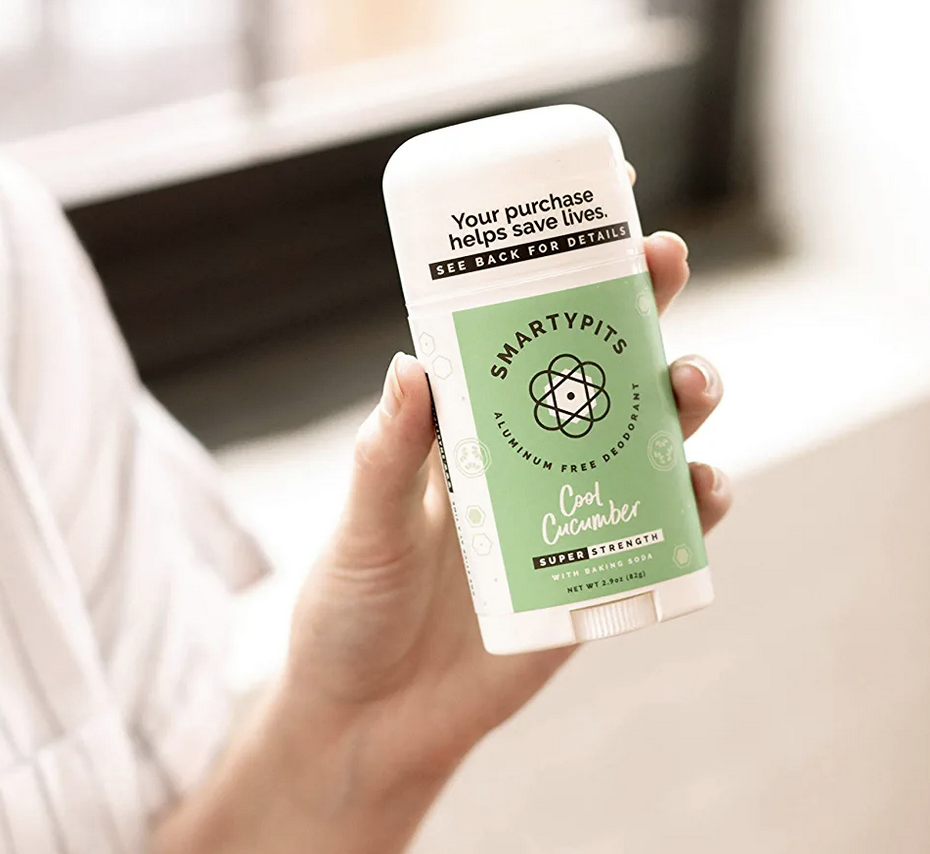Let’s talk about sweat! The causes of body odor, how to prevent the stick, and support your child.
As your child moves from adolescence to a young person, you might notice some new, not-so-pleasant smells as they walk by, come in for a hug, or as you are doing the laundry. Sweat happens to all of us, and the body smell that comes with puberty is also completely normal.
Learning how to help your teen understand their sweat smell — while not being embarrassed by their body odor — and teaching good hygiene is important to help reduce body odor.
Causes of Teen Body Odor
Ever ask yourself why does my child sweat so much? Well, you can thank the body’s sweat glands, called endocrine glands. These glands serve an important role in your body (from toddlerhood and on), helping regulate your body’s temperature.
Once we reach puberty, hormones cause the development of apocrine glands, which are found in hair-bearing areas like the armpits, groin, breasts, or scalp. These apocrine glands kick up production of sweat during adolescent years and beyond, and are usually responsible for our sticky or sweaty situations. This sweat contains oil which becomes smelly when broken down by bacteria on the skin surface.
PRO TIP > Encourage your teen to visit our BLOOM TEEN HUB to learn all about ways they can boost their personal hygiene during puberty!

5 Ways to Prevent Teen Body Odor
Though your teen may be embarrassed by sweat and the sweat smell that comes with it, it’s normal and can be prevented or controlled with a few best personal hygiene practices. Read on to find out how you can support your teen and teach them how to control body odor and manage sweat no matter the situation they are in.
1. Take a Shower Regularly
Personal hygiene is important for all people from adolescence through adulthood, whether in social interactions or during professional settings like school or work. Though a less frequent bathing routine may have worked when they were young children, encourage your tween or teen to make personal hygiene a daily habit.
Encourage showering or bathing on a daily basis and the use of a cleanser in the armpit and groin areas help keep the bacteria levels on the skin at normal levels, which in turn helps reduce the chance that sweat will have an abnormally potent odor.
2. Wash Clothes Regularly
Some clothes and certain materials may cling to odors more than others, and infrequent washing (maybe of an outer coat or jacket) might mean that your tween or teen is wearing the sweat smell even with proper hygiene.
Make sure your laundry liquid is strong enough to clean sweat stains and body odors. Teach your teen the proper way to wash clothes for sweat stains and body odor treatment. And, if a piece of clothing has sweat stains even after washing, it’s not a big deal. Explain to your child that sweating is normal and stains will happen.
3. Wear Deodorant
Buy your teen or tween deodorant and antiperspirant to prevent both sweating and odor from sweat. You might not know where to start, so we’ve put together a few helpful questions and answers around deodorant below.
What types of deodorant exist for body odor and sweat?
There are a lot of different options at the store for deodorant and antiperspirant. Most of the time, products include both deodorant and antiperspirant, but keep in mind that products that only include deodorant DO NOT reduce sweating.
What is antiperspirant made of?
Antiperspirant ingredients include aluminum chloride, aluminum chlorohydrate, aluminum zirconium, or aluminum sesquichlorohydrate for more sensitive skin. Over-the-counter products generally have concentrations of aluminum from 10-20%, while prescription products may have higher concentrations of 20-25%.
Aluminum can disrupt the endocrine system, and there have been health concerns linked to breast cancer, kidney disease, and memory problems. There are some products available that work really well and use other ingredients (like peptides) to reduce or absorb sweat. However, aluminum is currently the only FDA-approved ingredient that blocks sweat glands.

Ready to elevate your parenting? Become a member of the BLOOM family today!
Gain access to workshops, coaching, and a network of supportive parents. Don’t navigate this journey alone –
What are the benefits of natural deodorant?
Natural deodorant still allows the body to sweat, helping your body cool down and temperature stay regulated. However, it can naturally stop odor, and may decrease the odor causing bacteria on your skin.
A further plus: Natural deodorants are safe for the skin, eliminating potentially harmful products and chemicals.
When should your teen start wearing deodorant?
There isn’t a specific age your child should start wearing deodorant. As you speak with your teen or preteen about puberty, you may want to ask them if they’ve noticed body odors, and use this as a good introduction into using deodorant.
Which deodorants are best for teens?


4. Limit Certain Foods and Increase Other Foods
You may want to limit certain foods that have been linked to an increase in body odor in some people. For example, a study published in 2020 in the International Journal of Molecular Sciences found that meals made using garlic, onions and fish did increase the sweat smell in some people. Other studies have also made correlations between red meat and body odor.
This does not mean that you need to limit your teen or tween’s pallet or discovery of new foods. A healthy diet full of leafy greens and plenty of water also helps with body odor regulation.
5. Consider Other Body Odor (Foot & Vaginal Odor)
You or your young person might also notice an odor coming from their feet or vagina. Both are normal and preventative.
Foot Odor
Encourage your teen to wear socks with their shoes. Look for socks and shoes that are breathable and made with moisture-wicking materials. Clean shoes regularly and consider using a deodorizing spray.
Vaginal Odor
A little vaginal odor and vaginal discharge is a normal part of puberty. The odor and discharge will change over time as your child grows, but generally it isn’t something to worry about unless the color of discharge is yellow, green, gray or brown and the odor is unusual. Always check with your healthcare professional if your teen or tween has concerns with vaginal odor.
When to Talk to a Doctor About Body Odor
Most teens and tweens can control their sweat and body odor with the prevention tips above, but about 2-3% of people have a condition called hyperhidrosis, which means their sweating is abnormally excessive. Hypohidrosis is when your body is unable to produce sweat, making it hard for your body to cool down properly.
People with hyperhidrosis may sweat through shirts quickly and or have sweat dripping from their hands or feet. If your teen or tween has sweat that appears continuously even when they’re not hot, or otherwise impacts their life, you may need to consult a doctor to discuss the possibility of hyperhidrosis.
A good first step is to start using a “clinical strength” antiperspirant with 20% aluminum. However, there are also prescription treatments or in-office treatments that may be helpful in certain cases.
If you are still feeling overwhelmed, don’t worry! BLOOM is here to help. With our library of On-Demand Workshops with our trusted educators, to our Ask the Expert Forum & Live Events where you can get answers to your burning questions from our qualified professionals, to Supportive Community, where you can find strength in a community of other parents and caregivers, to Direct 1-on-1 Parent Coaching Support, we’ve got you. Raising tweens or teens is hard enough. BLOOM is here to make it a little easier.

